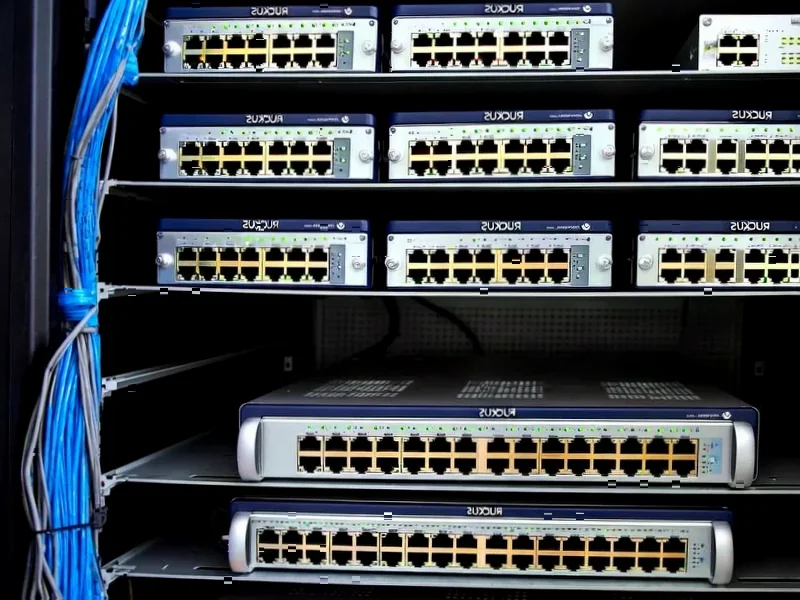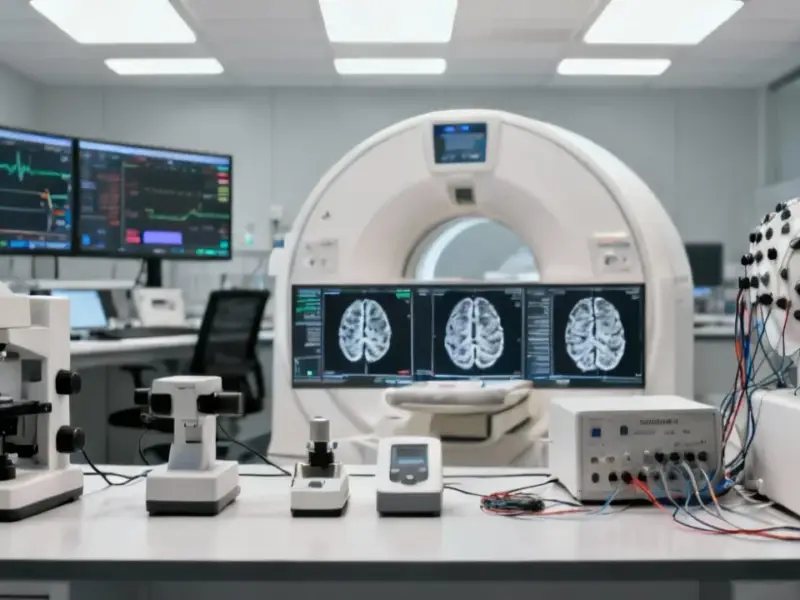According to Fast Company, college students are experiencing significant anxiety about AI’s impact on their future careers, but new research suggests they may be worrying about the wrong things. Studies indicate that AI usage is actually most beneficial for employees with the least experience, creating a unique opportunity for young professionals entering the workforce. Unlike traditional fields where seniority provides advantages, no professional outside academia has 30 years of AI experience, leveling the playing field for recent graduates. The article recommends focusing on developing transferable skill sets rather than narrow technical specialization, citing the recent struggles of newly minted software engineers amid tech layoffs as a cautionary tale. This perspective offers a strategic framework for navigating AI disruption without panic.
The Experience Paradox in AI Adoption
What makes this moment particularly unique in technological history is the complete absence of generational advantage. When personal computers transformed offices in the 1980s, younger workers adapted more quickly, but senior executives could still leverage their industry knowledge and relationships. With AI, we’re seeing something fundamentally different—the technology itself can rapidly absorb and apply institutional knowledge that previously took decades to accumulate. MIT research confirms that less experienced workers show the most significant productivity gains from AI tools, essentially compressing the learning curve that traditionally separated junior and senior professionals. This creates a temporary window where organizational hierarchies based on experience become unusually fluid.
The Transferable Skills Myth in Practice
While the advice to develop “transferable skills” sounds reasonable, the practical implementation is far more complex than the source suggests. The challenge isn’t just acquiring broad skills—it’s developing the judgment to know when to apply them and when to recognize their limitations. Consider the journalist who pivoted to campaign work: her writing skills transferred, but the ethical frameworks, accountability structures, and professional standards differ dramatically between journalism and political communication. Career reinvention often requires unlearning as much as learning, and AI tools can’t yet navigate these nuanced professional transitions. The real skill that will differentiate workers isn’t breadth alone, but the ability to contextualize knowledge appropriately across domains.
The Hidden Risks of a Level Playing Field
The notion that AI eliminates incumbency advantage deserves critical examination. While technical knowledge might be democratized temporarily, established professionals still control resources, client relationships, and organizational power structures. Incumbency advantages extend far beyond technical expertise to include network effects, brand recognition, and capital access that AI cannot easily disrupt. Young professionals might master AI tools faster, but they still need to navigate organizational politics, build professional networks, and develop the judgment that comes from seeing multiple business cycles—areas where experience still matters profoundly.
The Coding Lesson We’re Misinterpreting
The comparison to coding bootcamps and recent tech layoffs reveals a deeper pattern about technological hype cycles. The coding gold rush didn’t fail because coding became less valuable—it failed because markets became saturated with junior developers lacking the problem-solving context to apply their skills effectively. We’re likely to see a similar pattern with AI: initial enthusiasm will create a surge of AI-literate entry-level workers, followed by a market correction that values AI implementation within specific business contexts. The winners won’t be those who simply know how to use AI tools, but those who understand where and why to apply them.
The Strategic Imperative Beyond Panic
Rather than viewing AI as either threat or salvation, the most strategic approach involves recognizing it as an accelerant that magnifies existing strengths and weaknesses. Young professionals should focus on developing what I call “AI-adjacent skills”—critical thinking, ethical reasoning, cross-cultural communication, and creative problem-solving—that complement rather than compete with AI capabilities. The temporary leveling effect of AI knowledge creates an opportunity to demonstrate these human skills more visibly within organizations. The real advantage goes to those who can integrate AI tools into a broader professional identity that combines technical fluency with uniquely human judgment.





Thank you for your sharing. I am worried that I lack creative ideas. It is your article that makes me full of hope. Thank you. But, I have a question, can you help me?